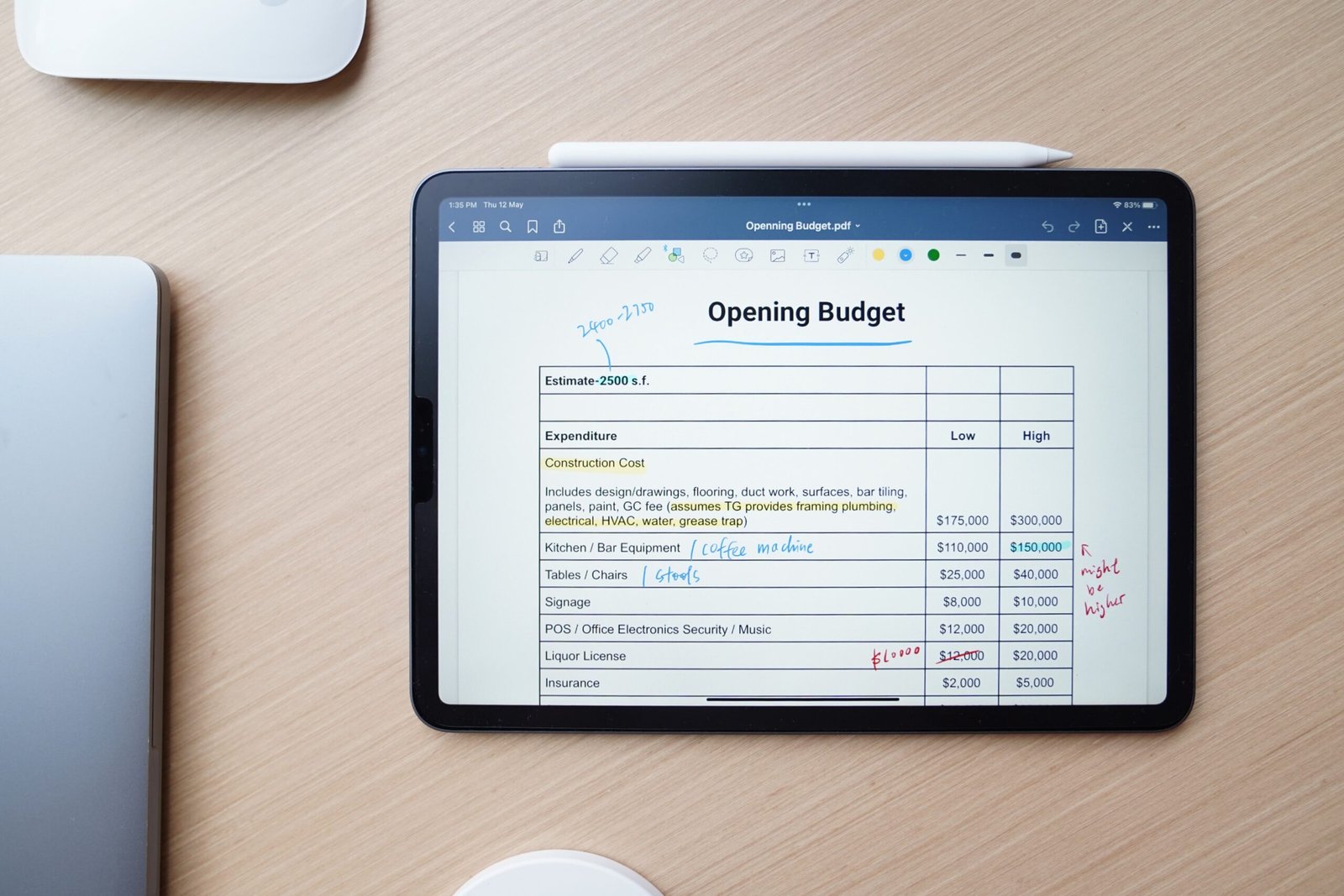Top 10 Ways to Manage Personal Finances and Stay Ahead in Today’s Economy
Introduction:
Are you struggling to manage your personal finances? Do you find it challenging to stay ahead in today’s economy? You’re not alone. Many individuals face difficulties when it comes to effectively managing their money and securing their financial future. However, with the right strategies and a little bit of discipline, you can take control of your finances and achieve your financial goals.
1. Create a Budget:
One of the most important steps in personal finance management is creating a budget. A budget helps you track your income and expenses, allowing you to identify areas where you can save money and make necessary adjustments. Start by listing all your sources of income and then categorize your expenses. Be sure to include both fixed expenses like rent or mortgage payments, as well as variable expenses like groceries and entertainment. By sticking to a budget, you can avoid overspending and save for the future.
2. Track Your Spending:
In addition to creating a budget, it’s essential to track your spending. Keep a record of every expense, whether it’s a cup of coffee or a monthly utility bill. This will help you identify any unnecessary expenses and make informed decisions about your spending habits. Numerous smartphone apps and online tools are available to help you track your expenses effortlessly.
3. Save for Emergencies:
Life is unpredictable, and emergencies can happen at any time. It’s crucial to have an emergency fund to cover unexpected expenses like medical bills or car repairs. Aim to save at least three to six months’ worth of living expenses in an easily accessible savings account. Start small and gradually increase your savings over time.
4. Pay off Debt:
Debt can be a significant obstacle to financial stability. Make it a priority to pay off high-interest debt, such as credit card debt, as soon as possible. Consider using the debt snowball or debt avalanche method to tackle your debt strategically. By paying off debt, you’ll free up more money to save and invest for the future.
5. Invest Wisely:
Investing is a crucial aspect of personal finance management. While it may seem daunting, investing can help grow your wealth over time. Educate yourself about different investment options, such as stocks, bonds, and mutual funds. Consider seeking advice from a financial advisor to help you make informed investment decisions based on your risk tolerance and financial goals.
6. Stay Informed about Current Trends:
It’s important to stay updated on current trends and news related to personal finance. Read reliable financial publications, follow reputable finance bloggers, and listen to podcasts that offer valuable insights and advice. By staying informed, you can make better financial decisions and adapt to changes in the economy.
7. Automate Your Savings and Bill Payments:
Automating your savings and bill payments can help you stay on track with your financial goals. Set up automatic transfers from your checking account to your savings account each month. This way, you’ll consistently save without having to think about it. Additionally, automate your bill payments to avoid late fees and ensure your financial obligations are met on time.
8. Practice Smart Shopping Habits:
When it comes to managing your personal finances, practicing smart shopping habits can make a significant difference. Before making a purchase, compare prices, look for discounts or coupons, and consider whether the item is a need or a want. By being mindful of your spending, you can avoid unnecessary expenses and save more money.
9. Set Financial Goals:
Setting clear financial goals is essential for effective personal finance management. Whether your goal is to save for a down payment on a house, pay off student loans, or retire comfortably, having a specific target will help you stay motivated and focused. Break down your goals into smaller, achievable milestones, and track your progress along the way.
10. Seek Professional Advice:
If you’re feeling overwhelmed or unsure about managing your personal finances, don’t hesitate to seek professional advice. A financial advisor can provide personalized guidance based on your unique circumstances and help you develop a comprehensive financial plan. They can offer valuable insights and strategies to help you achieve your financial goals.
Conclusion:
Managing personal finances can be challenging, but with the right strategies and mindset, you can take control of your financial future. By creating a budget, tracking your spending, saving for emergencies, paying off debt, investing wisely, staying informed about current trends, automating your savings and bill payments, practicing smart shopping habits, setting financial goals, and seeking professional advice when needed, you can achieve financial stability and peace of mind.
Call to Action:
Start implementing these top 10 strategies today and take control of your personal finances. Share this article with your friends and family to help them achieve financial success as well. Together, we can build a financially secure future.
FAQs:
Question: How often should I review my budget?
Answer: It’s recommended to review your budget monthly to ensure you’re staying on track and making any necessary adjustments.
Question: What are some good investment options for beginners?
Answer: For beginners, investing in low-cost index funds or exchange-traded funds (ETFs) is a popular and relatively low-risk option.
Question: How much should I save for emergencies?
Answer: Aim to save at least three to six months’ worth of living expenses in an easily accessible savings account.
Tips:
– Use personal finance management apps to track your spending and stay organized.
– Take advantage of employer-sponsored retirement plans, such as 401(k) or IRA, to save for retirement.
– Consider automating your investments through a robo-advisor for a hassle-free investing experience.
Remember, managing personal finances is a journey, and it’s never too late to start. Take the first step today and pave the way for a financially secure future.









